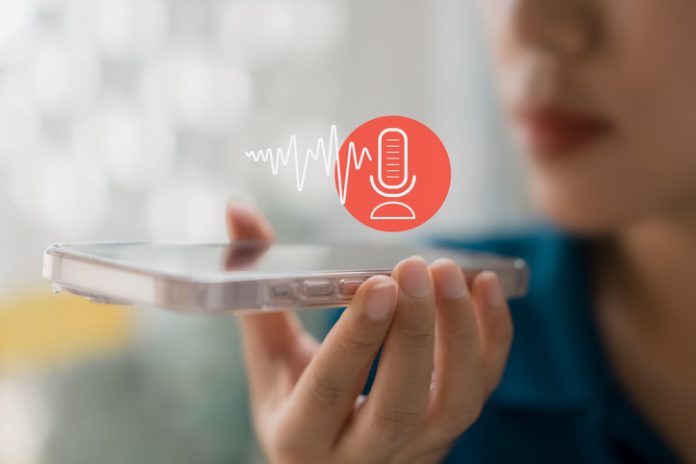A pilot study presented at the European Respiratory Society (ERS) Congress in Vienna, Austria has shown that changes in peoples’ voice recorded on a smartphone can signal when a serious flare-up of COPD is occurring.
The study was presented by Ms Loes van Bemmel, a researcher in the Department of Respiratory Medicine at Maastricht University Medical Centre in the Netherlands.
She said: “After an exacerbation, patients report a lower quality of life, their lung function can decline, and patients are at an increased and prolonged risk for cardiovascular events such as heart attack and stroke. It’s vital to detect exacerbations as early as possible so appropriate treatment can be given. Unfortunately, it has proved difficult to detect exacerbations at their onset, since symptoms usually start when patients are at home.
“Patients and their families have told us that there are voice changes before and during exacerbations. We wanted to see if we could record patients’ speech at home and analyse these recordings for early signs of an exacerbation.”
Twenty-eight people with COPD took part in the research. Researchers asked them to record their voices via a smartphone app every day for 12 weeks. They recorded themselves saying “aah” for as long as they could manage with one breath, then either reading a short paragraph of a story or answering a question.
Participants also completed a daily questionnaire to gauge their COPD symptoms. During the study, there were 16 occasions when a patient experienced a flare-up of symptoms.
Researchers analysed the voice recordings and looked for changes that coincided with symptom flare-ups. They found that patients’ voices became higher pitched when an exacerbation was imminent. They also found more ‘jitter’ in patients voices when an exacerbation was beginning. Jitter is when a voice sounds breathy or hoarse.
Ms van Bemmel said: “There were clear differences between patients’ recordings on a normal day and on the first day of an exacerbation. This confirmed our hypothesis that speech changes significantly, even at the very beginning of an exacerbation.
“These are preliminary results, so our findings need to be validated in larger numbers of patients with COPD. If we are able to do this, it would pave the way for early detection and diagnosis of exacerbations in the home environment. This would enable patients to manage these events themselves at home.
“While every disease is different, speech analysis could potentially help in other respiratory diseases as well. We suspect there are speech biomarkers for many respiratory diseases.”









